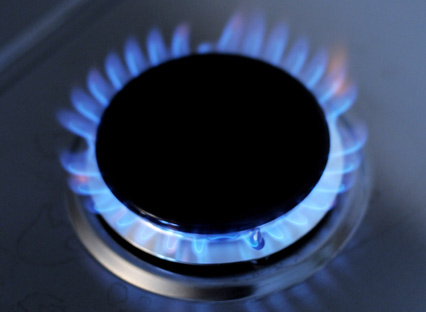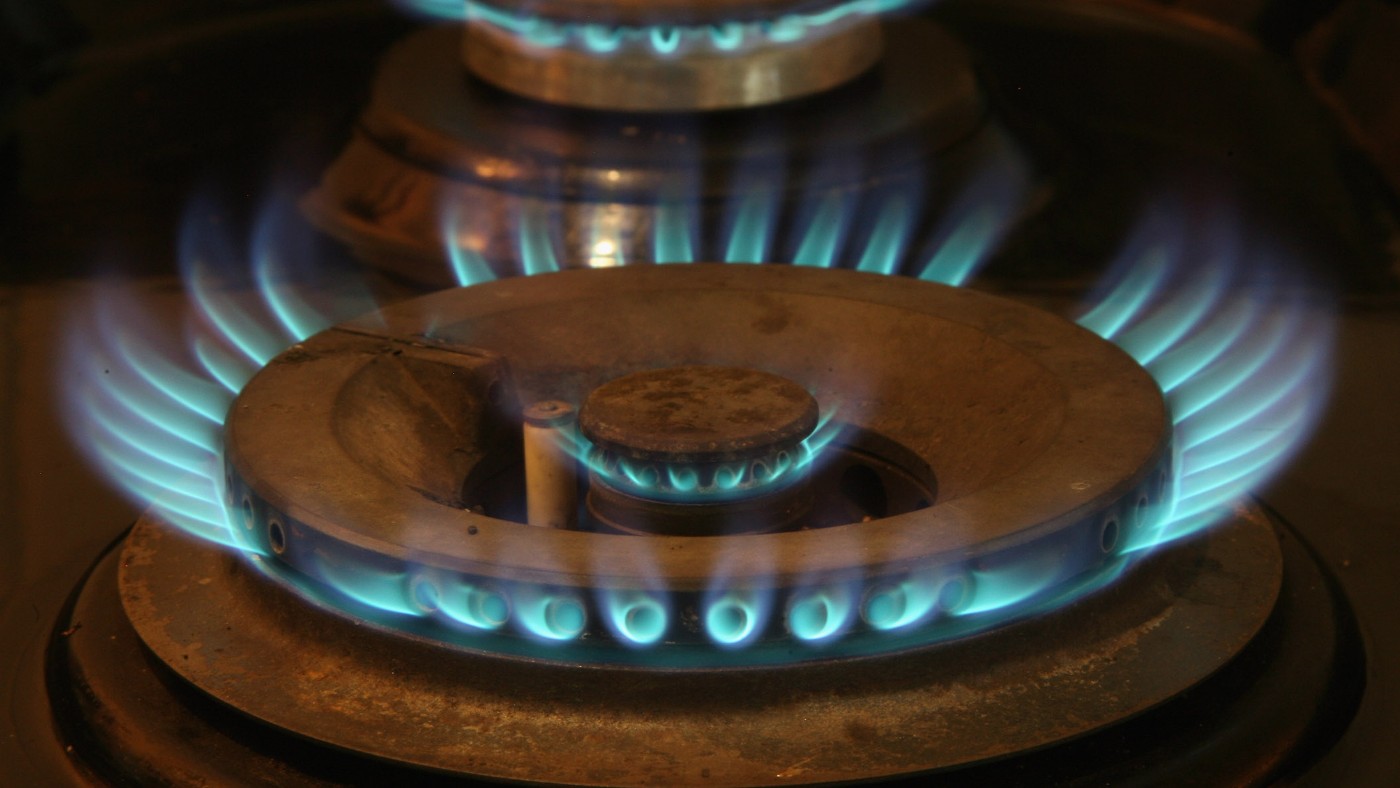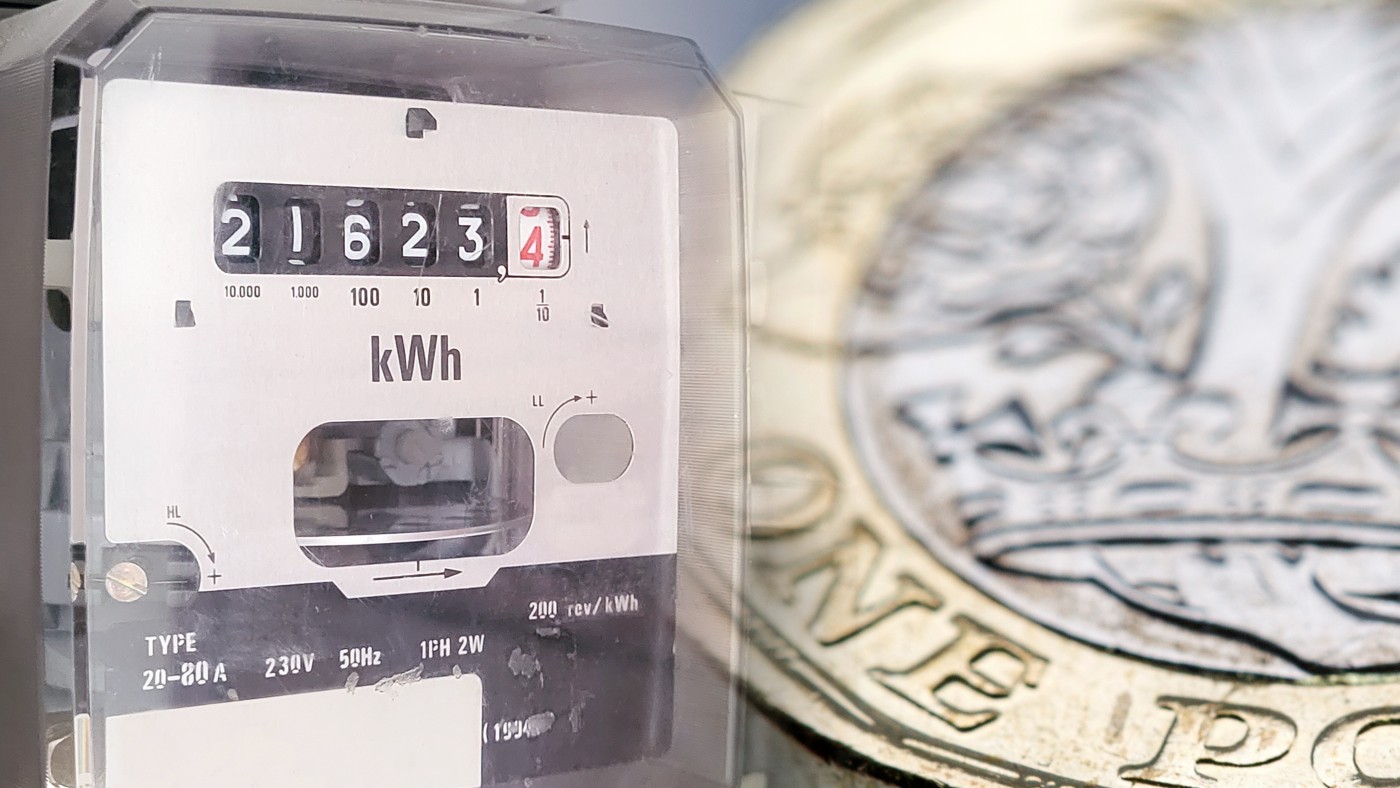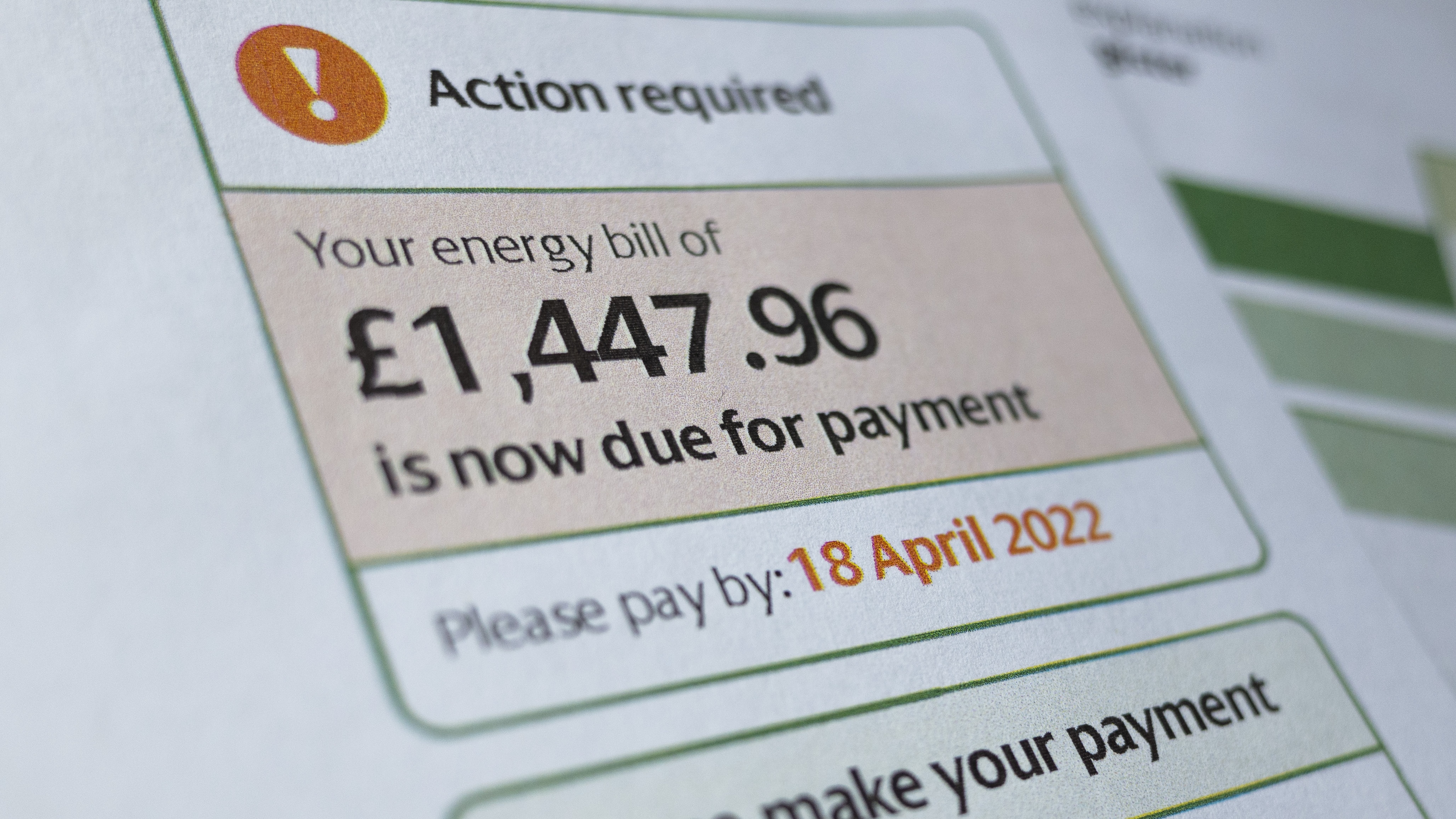Energy prices: why you need to switch your gas and electricity provider now
Making a change can prevent a sharp rise in your bills

A free daily email with the biggest news stories of the day – and the best features from TheWeek.com
You are now subscribed
Your newsletter sign-up was successful
Winter is coming - which means it’s time to switch energy providers before the heating goes on and price hikes kick in.
Last Friday was branded the most expensive day of the year for energy by comparison website MoneySuperMarket.com, with 3.1 million people’s electricity costs soaring as a 12.5% price increase by British Gas came into effect.
The increase is expected to cost households a total of £235m per year, reports The Independent.
The Week
Escape your echo chamber. Get the facts behind the news, plus analysis from multiple perspectives.

Sign up for The Week's Free Newsletters
From our morning news briefing to a weekly Good News Newsletter, get the best of The Week delivered directly to your inbox.
From our morning news briefing to a weekly Good News Newsletter, get the best of The Week delivered directly to your inbox.
Yet despite the regular headlines about soaring energy prices, around 70% of us are still on standard variable tariffs (SVT) - typically the most expensive option.
“The British Gas price increase is the latest in a long line of blows to consumers that languish on standard variable tariffs, and these customers will continue to be impacted by price increases unless they move to a competitive, fixed rate tariff,” says MoneySuperMarket.com energy expert Stephen Murray.
Indeed, while loyalty may bring rewards in other areas of life, research shows that when it comes to your energy provider you’ll be punished for sticking with the same firm. A study by energy firm Bulb found that the average household effectively pays a “loyalty fee” totalling £852.75 if they stay with the same firm on an SVT for five years, says the Daily Mail.
“Loyalty towards a brand is often rewarded, yet households who have put their trust for years in a single energy company are being forced to subsidise other who switch every 12 months,” says Bulb co-founder Hayden Wood.
A free daily email with the biggest news stories of the day – and the best features from TheWeek.com
That’s because energy firms offer hugely discounted fixed rates to get them to the top of the best buy tables and grab new customers. The deals usually only last one to two years - but most of us don’t bother to switch again, instead ending up on an expensive SVT.
Only people who switch every time their fixed deal ends keep their bills low for the long-term.
The difference between the average annual cost of a SVT with a Big Six company – British Gas, Eon, Npower, SSE, EDF and Scottish Power – and the best fixed rate tariffs is a whopping £319 a year, according to MoneySuperMarket.com. That’s a big saving for a few minutes spent on a comparison website.
“Loyalty in the energy market almost never pays and so, as we enter into the winter months and people begin to switch their heating back on, it is more important than ever not to be rolled on to an expensive standard variable tariff,” says Peter Earl, head of energy at CompareTheMarket.com.
“With 42 tariffs ending this month alone, it is key that people stay on top of when their rate comes to an end to avoid paying around an extra £299.”
How to Switch
Grab your latest gas and electricity bills – or log on to your account if you’ve gone paperless – and make a note of your annual usage, which should be printed on your bill, and the name of your tariff.
Then head to a comparison website such as CompareTheMarket.com, MoneySuperMarket.com or uSwitch.com. Start an energy comparison and enter all your details. You’ll get a list of the best deals and how much you could save by switching.
Choose the best deal for you and then simply click the button to start the switch, or visit the website of the energy provider. Fill out the forms saying you want to switch and your new energy firm should handle everything else. On the day of the switch, just take a meter reading so you can make sure your final bill from your old provider is accurate.
Finally, make a note in your diary of when your new fixed rate ends so you remember to switch again.
-
 Antonia Romeo and Whitehall’s women problem
Antonia Romeo and Whitehall’s women problemThe Explainer Before her appointment as cabinet secretary, commentators said hostile briefings and vetting concerns were evidence of ‘sexist, misogynistic culture’ in No. 10
-
 Local elections 2026: where are they and who is expected to win?
Local elections 2026: where are they and who is expected to win?The Explainer Labour is braced for heavy losses and U-turn on postponing some council elections hasn’t helped the party’s prospects
-
 6 of the world’s most accessible destinations
6 of the world’s most accessible destinationsThe Week Recommends Experience all of Berlin, Singapore and Sydney
-
 Energy prices set to rise in October – how to reduce your gas and electricity bill
Energy prices set to rise in October – how to reduce your gas and electricity billThe Explainer With the price cap expected to rise before this winter, what is the best way to prepare, and lower costs?
-
 Should the Ofgem energy price cap be scrapped?
Should the Ofgem energy price cap be scrapped?Today's Big Question Poorer households may end up paying more this winter despite cap being lowered from October
-
 Cost of living: will fall in energy price cap make a difference?
Cost of living: will fall in energy price cap make a difference?In Depth Limit on what providers can charge falls but consumers are warned they will see ‘little relief’
-
 What is the cheapest way to cook?
What is the cheapest way to cook?feature Air fryers, microwaves and slow cookers can all save you money over conventional ovens
-
 Is it cheaper to work from home or at the office?
Is it cheaper to work from home or at the office?Talking Point Commuting costs may wipe out savings made from lower domestic energy bills
-
 Could Labour solve the cost-of-living crisis?
Could Labour solve the cost-of-living crisis?Today's Big Question Keir Starmer unveils £29bn plan to freeze energy price cap
-
 What is Don’t Pay UK?
What is Don’t Pay UK?feature Campaign hopes to encourage one million people to cancel their direct debits to energy providers
-
 Cost-of-living crisis: is the UK over the worst of it?
Cost-of-living crisis: is the UK over the worst of it?Today's Big Question Inflation data showing sharp falls in price rises will bring ‘sighs of relief in government’, but food prices may not ever come back down